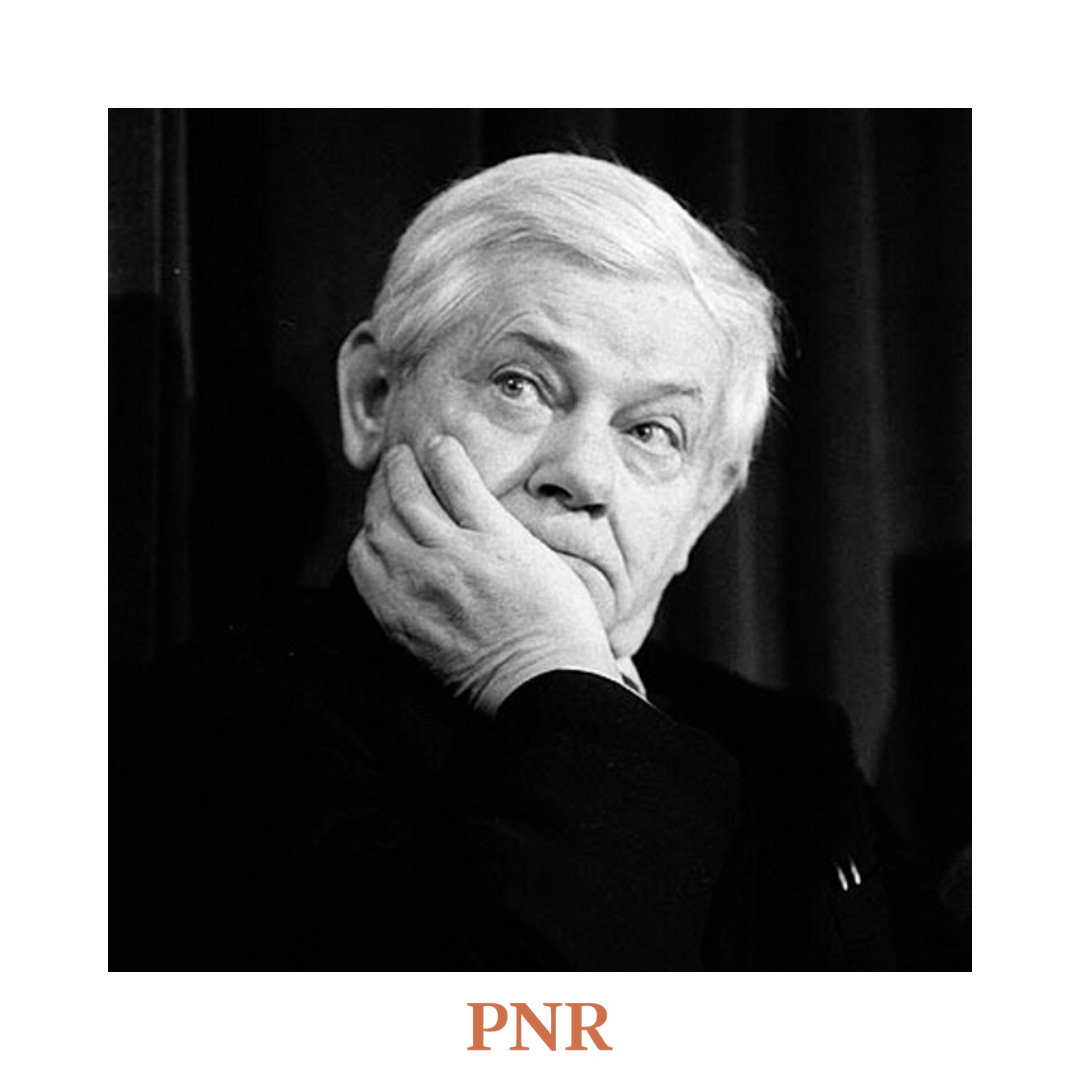Translated by Michael March and Jarosław Anders
MR COGITO - THE RETURN
1.
Mr Cogito
decided to return
to the stone womb
of his country
the decision is a dramatic one
he would bitterly reproach himself
yet, he can no longer bear
the colloquial expressions
-comment allez-vous
-wie geht's
-how are you
these apparently simple questions
demand a complex answer
Mr Cogito tears off
the bandages of kind indifference
he stopped believing in progress
he is absorbed in his own wound
affluent windows
tire him
he became attached only
to a Doric column
San Clemente Church
the portrait of a certain lady
a book he had no time to read
and some other trifles
so he returns
he sees
the border
the ploughed fields
the murderous guard-towers
the thick vegetation of barbed wire
the noiseless
armoured door
close slowly behind
and now
he is alone
in the treasury
of all misfortune
2.
so why does he return
friends from the better world
ask
he could stay here
settle down
entrust his wound
to chemical stain-removers
abandon it in the left-luggage
of fine airports
so why does he return
-to the water of childhood
-to the tangled roots
-to the grip of memory
-to the hand the face
burned on the grill of time
the apparently simple questions
demand a complex answer
perhaps Mr Cogito returns
to answer
the incitement of fear
impossible happiness
an unexpected blow
a lethal question
THRENODY
in memory of my mother
And now she has brown clouds of roots
above her head
a slender lily of salt on her brow
prayer beads of sand
and she floats on the bottom of a boat through
the foaming nebulae
a mile remote where
the river bends
visible-invisible as
light on a wave
she is unchanged
forsaken like us
Zbigniew Herbert (1924 – 1998) was a Polish poet, essayist, drama writer and moralist. He is one of the best known and most translated post-war Polish writers. He was born in Lwow in Poland, which became part of Soviet Ukraine and is now called Lviv. During war, Herbert joined the resistance movement against Nazi occupation. His poetry was shaped by his experiences of living under dictatorship, as well as incorporating elements of mythology, medieval heroes and works of art.
Jarosław Anders is a writer and translator specializing in Eastern European literature.
Michael March is a poet and translator. His translation of Barbarian in the Garden by Zbigniew Herbert was published by Carcanet in 1986.
Subscribe to PN Review magazine at pnreview.co.uk.





Such an indelible voice!